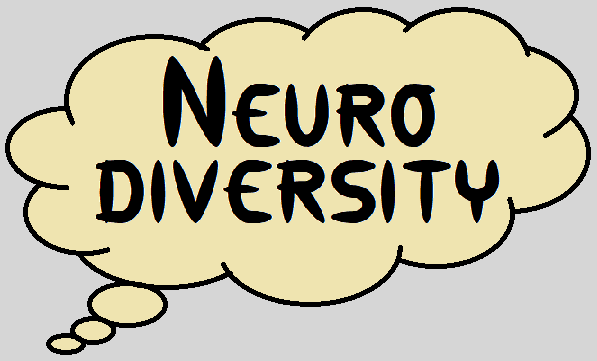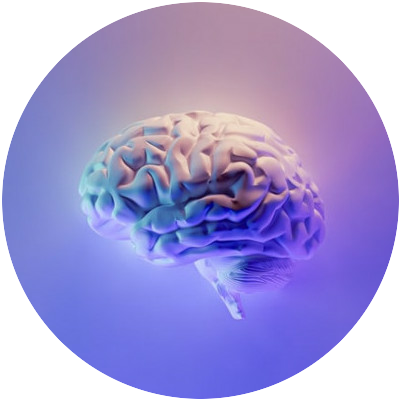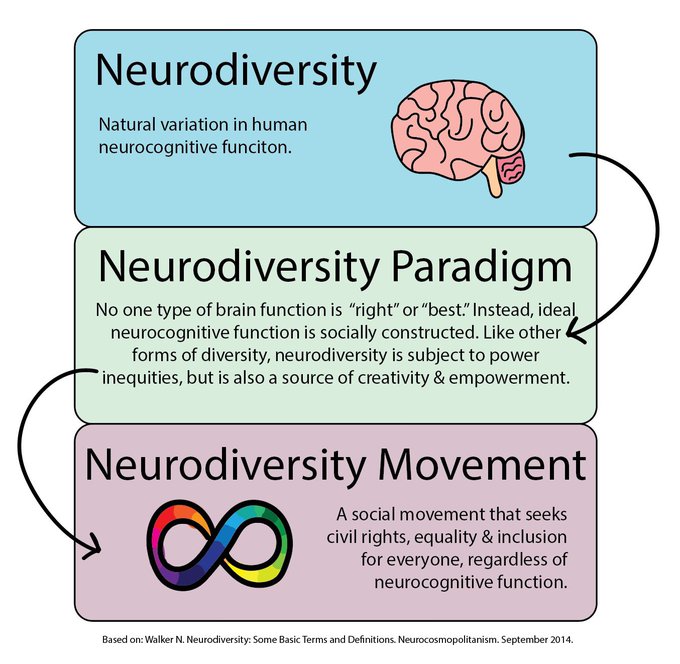Hey everyone 😀
Over the last decade or so, more and more attention is being focused onto subjects like Mental Health and disabilities.
So, I’m going to look at and try to explain a little about Neurodiversity 🤔
If you would like to know a little about me, please feel free to check out We Are Neurodiverse (short version) or My 1st Blog (longer version!)

What is it and where did it come from?
Neurodiversity comes from the two words Neurological and Diversity.
The Cambridge Dictionary says ‘Neurodiversity is the idea that people having a range of different types of brain, including those with and without autism, should be regarded as part of normal human life’
Some examples:-
Neurodiversity challenges the view that certain neurological conditions are inherently pathological
Those in the neurodiversity movement say talk of a cure is insulting because it suggests autistic people need to be “fixed”
Neurodiversity is the concept that neurological differences are to be recognized and respected like any other human variation
He subscribes to the idea that autism is a form of neurodiversity and believes that many of the difficulties autistic people difficulties autistic people face are due to society rather than the condition itself
Neurodiversity advocates argue that it might prove more helpful to acknowledge a broader spectrum of human variation, rather than approaching these variations as “mental illnesses”

Does my brain work differently?
It depends who you are comparing yourself too? But most probably yes!
Whether you have ADHD, Autism, Dyslexia, Dyscalculia, Dysgraphia, Tourettes or are Neurotypical, then our brains are hardwired to work in different ways and for us to learn differently.
Often by masking and suppressing our differences, in other words, trying to appear ‘normal’ doesn’t get rid of them – they still exist. Pretending that they don’t or being told by others that they don’t, can often lead to issue with your Mental Health, such as Depression and Anxiety, and damage your feelings of self worth.

Perception of Neurodiversity
Neurodiversity exists just like Ethnicity, Gender and Sexual Orientation exist.
For those who are not Neurotypical (not displaying or characterised by autistic or other neurologically atypical patterns of thought or behaviour), it can lead to a lot of stereotypes and misunderstanding.
As part of a mixed group, Neurodiverse people can bring alternative thought, a different perspective and ability to work differently, which means you can often achieve more than if all brains in the group worked the same. This leads me onto the Neurodiversity movement, a group within the wider Autism Community who work to change attitudes towards Autism in Neurotypical stakeholders.

The Neurodiversity Movement & Autism
This movement was historically led by autistic and other neurodivergent advocates and activists. They have advocated for the Autism Spectrum to be recognised as reflecting differences in a human’s brain – not something that needs to be cured. It is a social justice movement which has at times been criticised by those who see this as a movement that is trying to move away from medical intervention, claiming that Neurodiverstiy is a ‘cultural identity’ but not a ‘disability’.
According to Jac Den Houting, who is an advocate for the Neurodiversity Movement, this isn’t really what they say. It is recognised that a lot of Autistic people are disabled, but within the Neurodiversity paradigm, they believe that the disability comes from the failure of their environment to meet their needs, therefore not from Autism itself, but from ‘living in a society which tends to be physically, socially and emotionally inhospitable towards autistic people’.

Conclusion
I think it is fair to say that the complete inclusion of Neurodiverse people into all walks of society has a long way to go.
From everyday tasks like house keeping and shopping to working and socialising. The stigma around this subject has been there for decades and will continue to be, but I do believe that the world is changing for the better, understanding and compassion is growing, and through sharing knowledge and taking time to look further into it then we can continue to improve not only our own lives but those of the people around us 😀
If you have any comments on this or any other Neurodiverse subject please feel free to contact me below, I am still on a learning journey so would always appreciate any constructive feedback 👍
Thanks & Take Care, Peter

